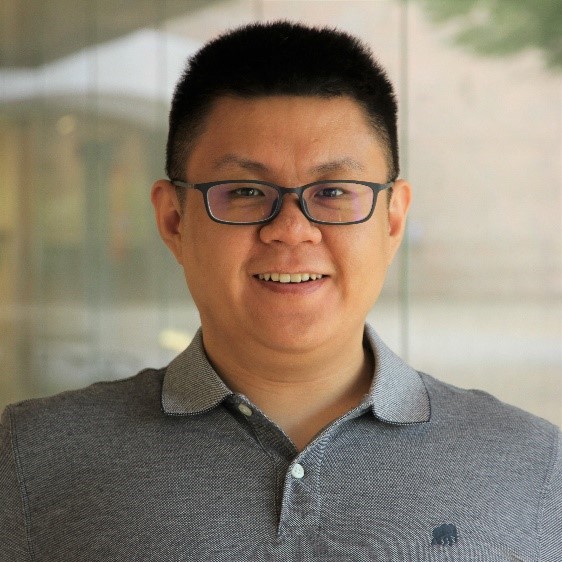Toward Mutual Understanding and Adaptation for Human-Robot Interactions
Date: 2020/10/15 – 2020/10/15
Academic Seminar: Toward Mutual Understanding and Adaptation for Human-Robot Interactions
Speaker: Ruikun Luo, Ph.D. candidate at the Robotics Institute, University of Michigan
Time: 9:00 -10:00, October 15th, 2020, (Beijing Time)
Location: via Zoom (Meeting ID: 66303450808 Password: 6210)
Abstract
Artificial Intelligence (AI) agents are coming to humans’ daily lives and will interact with humans in various domains, such as transportations, manufacturing, health care, and the service industry. These AI agents require contributions from not only AI researchers, domain experts, but also human factors researchers as understanding human is essential to design AI systems that interact with humans. To achieve optimal task performance and keep human well-being, AI systems should consider the mechanism that humans interact with autonomous systems and adapt to the essential human factors while keeping human informed. My research focus on 1) developing new algorithms for human-robot interaction (HRI) that consider useful human factors, and 2) studying the mechanism of HRI using true autonomous robots in real-time.
In this seminar, I will present my research on semi-autonomous vehicles where the human and autonomy share the control of the vehicle. Properly allocating the control authority between the human and the autonomy is essential in this setting. However, workload as a critical human factor has not been considered in the shared control schemes. During the seminar, I will introduce my research on real-time human workload estimation using non-intrusive physiological measurements and discuss the design of adaptive behaviors.
Biography
 Ruikun Luo is a Ph.D. candidate at the Robotics Institute, University of Michigan, Ann Arbor. His dissertation research is supervised by Prof. Xi Jessie Yang. His research interest is human-robot interaction by leveraging robotics, Artificial Intelligence, and human factors. Prior to joining the University of Michigan, he obtained an M.S. in Mechanical Engineering from the Carnegie Mellon University in 2014 and a B.E. in Mechanical Engineering and Automation from the Tsinghua University, China in 2012.
Ruikun Luo is a Ph.D. candidate at the Robotics Institute, University of Michigan, Ann Arbor. His dissertation research is supervised by Prof. Xi Jessie Yang. His research interest is human-robot interaction by leveraging robotics, Artificial Intelligence, and human factors. Prior to joining the University of Michigan, he obtained an M.S. in Mechanical Engineering from the Carnegie Mellon University in 2014 and a B.E. in Mechanical Engineering and Automation from the Tsinghua University, China in 2012.
